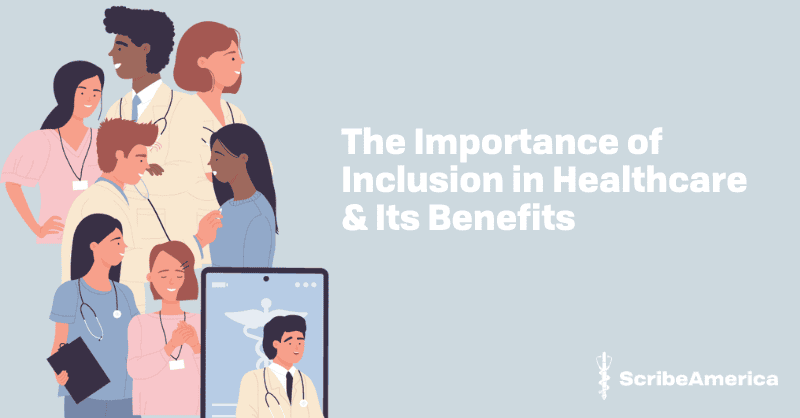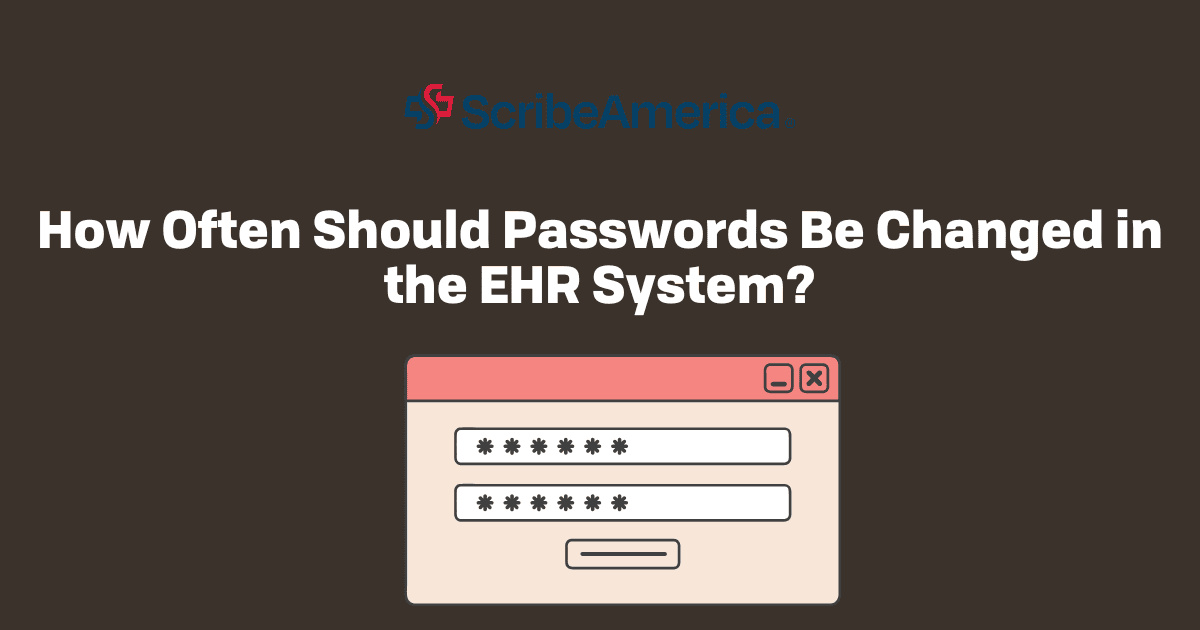We have discussed the importance of diversity, equity and inclusion in a workplace, but now let’s look at it from a more healthcare-oriented point of view. Hospitals or clinics are composed of people – the staff, the patients, and the visitors. Thus, all of them need to feel included. So, why are diversity and inclusion important in healthcare? What are the best practices to ensure them? Find the answers out by reading this article!
Why Is Diversity Important in Healthcare? The Role of Equity and Inclusion
Establishing DEI in a healthcare priority comes with numerous benefits for the patients, staff, or even the managers. Yet, surprisingly, according to the 2021 State of Healthcare Training and Staff Development Report, only 62% of respondents worked in medical facilities which indeed introduced DEI programs. By missing out, hospitals and clinics lack the opportunity to improve their performance on various levels. Let’s take a closer look at why diversity, equity, and inclusion are so important in healthcare:
- Creating a better patient experience – There are many factors that can cause stress in the patients. There are numerous reasons why they do not listen to their physician’s advice. DEI is the way to tackle these problems. By ensuring that every person is treated equally and has the right to voice their opinions, the staff is capable of building trust with the patients, thus making them more likely to listen to their advice.
- Raising staff satisfaction – Exhaustion, harassment, and unequal treatment may make nurses and physicians dissatisfied with their jobs and lead to physician burnout. As a result, they will be less productive and more likely to change workplaces. Introducing DEI programs may prevent this from happening and increase productivity in general.
- Ensuring safety – While diversity, equity, and inclusion in healthcare won’t stop all the acts of violence and harassment in the medical facilities, establishing them might help you avoid at least a few of such situations each year. Better-educated employees are less likely to address someone inappropriately (mind that they often don’t do this on purpose). As a result, there will be less ground for conflicts which could escalate into acts of physical violence.

How to promote diversity and inclusion in healthcare – the best practices
There are quite a few best practices for establishing diversity and inclusion in healthcare. Let’s look at some of them:
- Educate – There will be no diversity, equity nor inclusion if the employees don’t know what it is and how to treat each other and the patients with respect. While many hospitals don’t opt for this, you should absolutely include managers in such trainings – they have to know as much, or even more, as the other members of the staff.
- Be open about DEI – To achieve the benefits of diversity, equity, and inclusion in healthcare, you absolutely need to be open about it. Make the wages public among the staff, answer all their questions, and encourage them to discuss the topic with each other. The relationship has to be based on mutual trust and respect.
Diversity, equity and inclusion in healthcare - Final thoughts
DEI is crucial in medical facilities. The benefits of diversity, equity and inclusion in healthcare include happier patients, satisfied employees, and fewer conflicts. Be sure to educate your medical staff and be open about it – the only way to achieve DEI is by a group effort.
You might also read: How Important Are Soft Skills for Professionals in the Medical Field?





